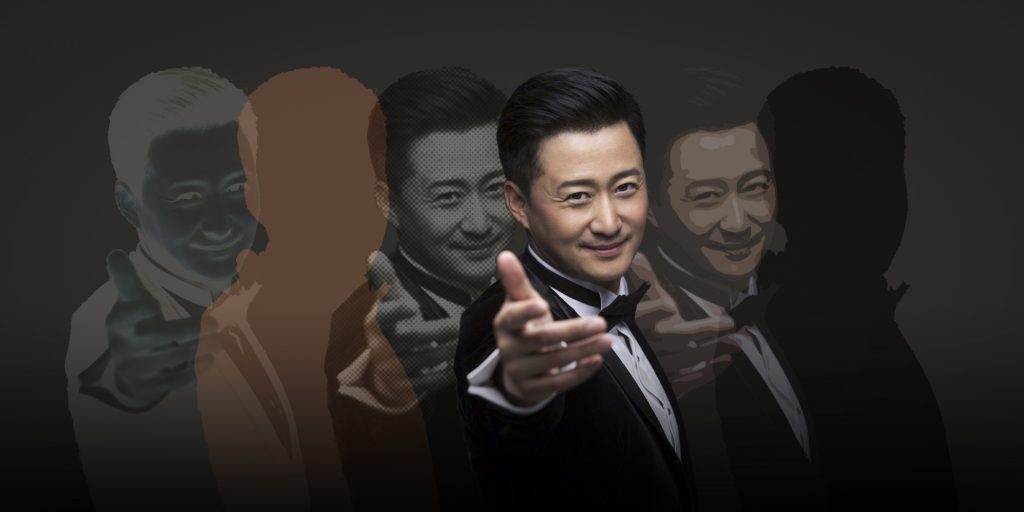Better known for his hyper-masculine public image, China’s macho man wasn’t always all bravado.

China has a new box office champion. In the little over two months since its release, the Korean war epic “The Battle at Lake Changjin” has earned more than 5.74 billion yuan ($858 million); late last month, the film passed 2017’s “Wolf Warrior 2” to become the highest-grossing Chinese movie of all time.
Many Chinese film fans greeted the news with a knowing shrug, in part because its success only confirmed what we already suspected. In the words of a popular joke: “Only Wu Jing can beat Wu Jing.” Between “Lake Changjin,” “The Wandering Earth,” and the “Wolf Warrior” series, the 47-year-old action star has now headlined three of the top five grossing movies in Chinese history.
Outside of China, Wu’s playful mix of charisma and muscular nationalism has earned him comparisons with Hollywood stars like Sylvester Stallone, whose “Rambo” films were an obvious influence on the actor. While there’s something to these comparisons, they overlook the first half of Wu’s career — and how those years shaped the actor he is today.
Early in his career, Wu looked to be cut from the same cloth as past Chinese martial arts superstars like Bruce Lee, Jackie Chan, and Jet Li. Wu and Li both came up through the famed Beijing Wushu Team, albeit a generation apart. They studied under the same coaches, and both won national championships. In 1995, at the age of 21, Wu was handpicked by the famed Hong Kong martial arts choreographer Yuen Woo-ping — best known for his work on “Drunken Master,” “Crouching Tiger, Hidden Dragon,” and “The Matrix” trilogy — to play the lead in Yuen’s “Tai Chi Boxer.” Co-directing the movie alongside Yuen was Chang Hsin-Yen, the same man who had cast Li in his breakout film “Shaolin Temple” 13 years prior. Continue to read the full article here
– This article originally appeared on Sixth Tone.





